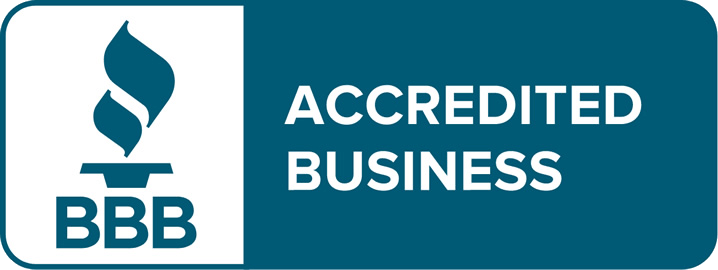Nearly two-thirds of America’s small businesses say that the complexity and cost of federal tax preparation poses a significant problem for their business, according to the National Small Business Association. Consequently, small business owners can sometimes miss important nuances of the tax code, putting them at odds with the IRS and in need of tax resolution services.
“Businesses facing difficult tax problems can be very vulnerable,” said Brian Biffle, president of 20/20 Tax Resolution. “Owners feel they need to react quickly but they are often worried about facing IRS penalties and can be unsure of tax policy regulations. The rush to solve the problem, combined with a lack of knowledge, can make identifying a qualified tax resolution provider a challenging process.”
However, there are many reputable professionals providing tax resolution services, Biffle said. The key is to identify one that is knowledgeable, diligent and will actually help solve tax problems.
“Many tax resolution companies work very hard to provide honest and effective counsel to their clients,” said Biffle, whose company has successfully managed tax issues for more than 26,000 clients nationwide as of April 2016. “But there are distinct warning signs business owners should recognize when searching for a provider.”
- Overpromising – No tax consultant can guarantee results, whether those results include reducing tax liabilities or promising acceptance into the IRS Offer In Compromise program. If a company makes immediate guarantees with no information to back up its claims, it may be a sign to seek a different provider.
- Lack of transparency – Every tax resolution provider should be comfortable delivering background information on their company in an upfront and easily understood manner. The provider should be able to discuss company ownership, years in service and past client successes. When they aren’t able to do so (or are unwilling to do so), a business owner should move on.
- Demands for in-full payment upfront – As in any relationship with a professional services provider, trust is a key indicator of partnership. If a tax resolution provider wants to charge a fee just to speak with a consultant, you can end up paying an unlicensed salesperson to simply tell you what the company can do for you. Find a company that provides initial consultations completely free of charge.
- Lack of credentialed consultants – A competent tax resolution provider will not utilize unlicensed commission-based sales people to provide a diagnosis of your tax issue. Remember that only a CPA, an attorney or an Enrolled Agent can represent you before the IRS. If your tax resolution provider is not offering you assistance through a seasoned, credentialed consultant, it’s a good sign the provider will not be working in the best interests of the business.
- Unclear next steps – The provider should be able to discuss who will be managing the work, how often they’ll be in contact and what a business owner can expect with respect to ongoing reporting of progress. If these specifics are unclear, it’s a sign to walk away.
“These are the key indicators that should raise consumer concern,” Biffle said. “Of course, business owners should always use their best judgment, but as in so many aspects of business, if it feels too good to be true, it probably is.”


